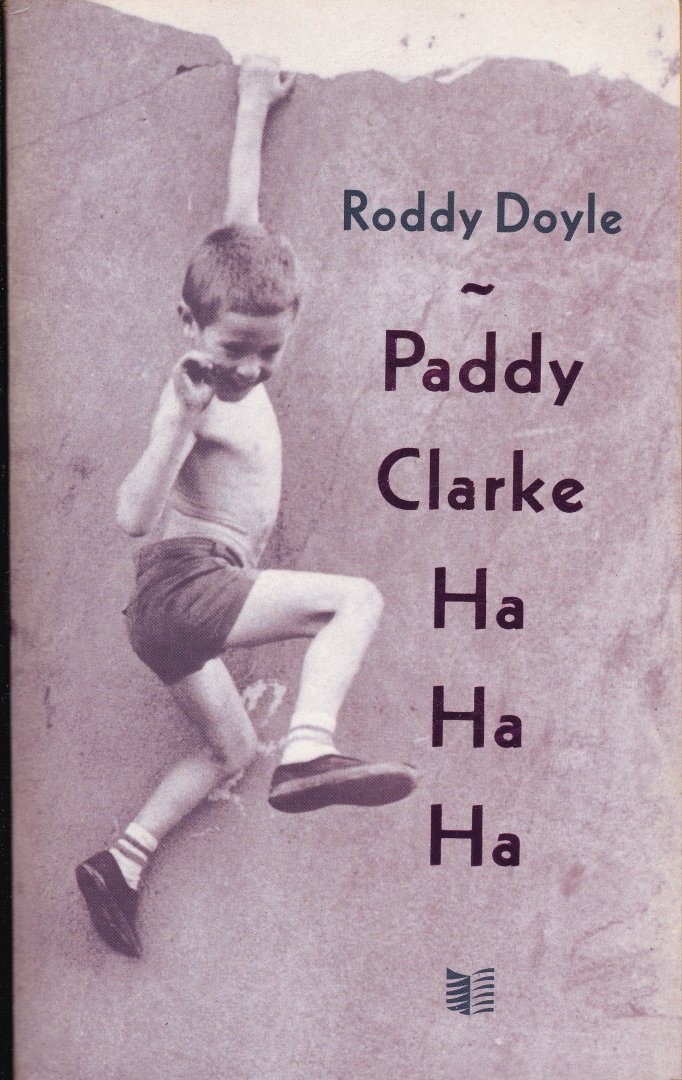


The next sentence immediately introduces the mischievous nature of the boys in that group as “Kevin stopped at a gate and bashed it with his stick.” We find out that the gate belongs to a woman in their street. The opening paragraph of the novel contains the sentence “We were coming down our road.” The inclusive pronouns “we” and “our” show that Paddy is a part of a group. This is because of Doyle’s use of narrative devices such as long sentences and stream of consciousness. He is often prone to violence and bullying.Įven though he describes events in the past tense, he still seems excited and thrilled by his "naughty" behaviour. (Dec.Paddy cannot resist being a "messer". Most notable, however, is the emotional fidelity with which Doyle conveys Paddy's anguished reaction to the breakup of his family.

While some topical references may bewilder readers unfamiliar with life in Ireland, other background details-the portrayal of small-town society, of the strict teacher who shows sudden empathy for Paddy-have universal interest. As Paddy becomes aware that his parents' marriage is disintegrating, Doyle's control of his protagonist's voice remains unerring, and the gradual transition of Paddy's thoughts from the hurly-burly of play and pranks to a growing fear and misery about his father's alcoholic and abusive behavior is masterfully realized. In episodic fashion, Doyle conveys the activities, taboos and ceremonies, the daring glee and often distorted sense of the world of boys verging on adolescence. Paddy and his best friend Kevin are part of a neighborhood gang that sets fires in vacant buildings, routinely teases and abuses younger kids and plays in forbidden places.

Set in the working-class environment of an Irish town in the late 1960s, the story is related by bright, sensitive 10-year-old Paddy Clarke, who, when we first meet him, is merely concerned with being as tough as his peers. While retaining the candid pictures of family life, the swift, energetic prose, the ear-perfect vernacular dialogue and the slap-dash humor that distinguished The Van, The Snapper and The Commitments, this narrative has more poignance and resonance. Winning the 1993 Booker Prize propelled Doyle's fourth novel from its original spring publication to a December issue date.


 0 kommentar(er)
0 kommentar(er)
